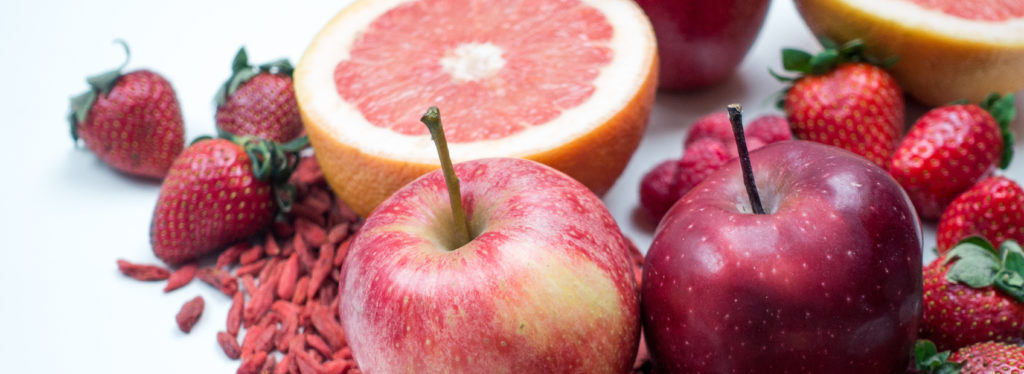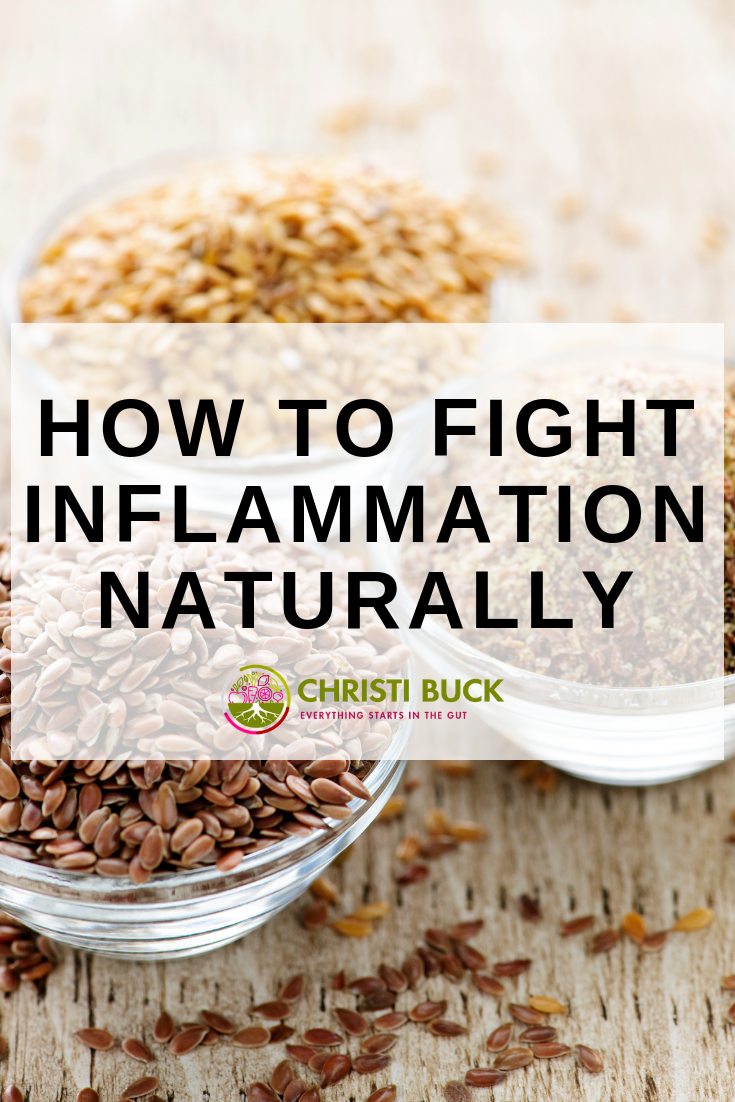What is Inflammation?
Inflammation is your immune system’s response to cell damage. In other words, it’s your body’s natural defense mechanism. But how exactly does it protect your body? It does so by increasing blood flow and capillary dilatation, facilitating leukocyte infiltration, and producing different chemical mediators. While your body is protecting you with the inflammatory response, you might notice some:
- redness
- swelling
- heat
- pain
- loss of function
Your body’s inflammatory response doesn’t necessarily look like someone else’s. There are a ton of different factors that influence how your body reacts to a triggering agent! Some of these are your age, body fat percentage, level of physical activity, sex, genetics, smoking habits, diet, your gut microbiota, and use of certain medications.
Acute vs. Chronic
Acute inflammation is the body’s initial response to a triggering agent (i.e. an injury or infection). It’s a normal physiological response that allows your body to remain in homeostasis – AKA your body’s happy place! This is an immediate reaction and should only last a few days. Inflammation doesn’t become truly problematic until it becomes chronic.
Inflammation can become chronic for a variety of reasons. For example, failure to address and resolve acute inflammation early might allow the acute inflammation to turn into chronic inflammation. Continuous exposure to the triggering agent can also drive chronic inflammation. This is a delayed reaction in the body and can last for an unlimited amount of time. Yikes!
What causes inflammation?
Barring any events that cause an injury, there are tons of other things (namely lifestyle factors) that can cause inflammation. These include:
- poor nutrition – a diet high in pro-inflammatory foods and low in antioxidants
- blood sugar imbalances – frequent spikes in blood sugar can cause things like type 2-diabetes
- leaky gut syndrome – undigested food particles can escape loosened tight junctions in your gut
- chronic stress – can encourage you to engage in other proinflammatory habits (i.e. lack of sleep and poor nutrition)
- poor sleep habits – this can cause low grade inflammation in your body
- environmental toxins – long term, repeated exposure to toxins can overstimulate the immune system
- chronic infections – unresolved infections can cause chronic inflammation
Risks of Chronic Inflammation
Excessive inflammation can cause irreparable damage to your cells (which can ultimately cause disease). The latest research in the areas of acute and chronic inflammation, cardiometabolic, gut, and cognitive health shows an association with underlying inflammation. Inflammation can impact nearly every part of your body. Your brain, thyroid, heart, lungs, muscles, GI tract, bones, kidneys, skin, and liver…just to name a few!
High Grade vs. Low Grade
Diseases caused by “high grade” inflammation are characterised by high concentrations of inflammatory markers and increased activated inflammatory cells at the site of damage. Some of the most common diseases caused by high grade inflammation are: rheumatoid arthritis, inflammatory bowel diseases, atopic dermatitis, psoriasis and asthma.
Diseases caused by “low grade” inflammation are mostly caused caused by metabolic disturbances. Some of the most common diseases caused by low grade inflammation are: tissue damage, increased insulin resistance, and fat accumulation in the cell.
Nutrition and The Inflammatory Process
Low intake of fruits and vegetables, polyphenols and other antioxidants has been shown to decrease the body’s defences and ultimately increase the risk of acute inflammation becoming chronic. Interestingly enough, this might help explain why many inflammatory disorders like the ones I mentioned above are more prevalent in Western countries.
Pro-inflammatory foods include things like sugar, gluten, conventionally raised meat and dairy, processed meats, processed oils, and artificial sweeteners. Eating foods like these on a regular basis is not a great idea if you’re looking to minimize signs and symptoms of inflammation.

A number of nutrients play a strong role in protecting your body from chronic inflammation. These include: omega 3 fatty acids, antioxidant vitamins (C, E, and beta-carotene), flavonoids, and prebiotics. Increasing these nutrients in your diet can really improve your quality of life!
- You can find omega 3 fatty acids in foods like mackerel, salmon, oysters, flax and chia seeds, and walnuts.
- Cantaloupe, citrus fruits, sweet yellow peppers, parsley, and kale are all great sources of vitamin C.
- You’ll find lots of vitamin E in foods like sunflower seeds, almonds, wheat germ, and hazelnuts.
- Flavonoids are naturally occurring in fruit, vegetables, chocolate, wine, and tea.
- Artichokes, garlic, onions, leeks, and asparagus are all great sources of prebiotics.
Food Sensitivity Testing
Did you know that food sensitivities can cause inflammation in the body? If you’re sensitive to them, even “healthy” foods can cause inflammation resulting in symptoms such as migraines, diarrhea, bloating, constipation, chronic pain, skin issues, heartburn, arthritis, joint pain, etc.
The best anti-inflammatory diet I know of is the LEAP protocol. I use LEAP with my clients to identify food sensitivities, help reduce inflammation, and improve nagging symptoms. Identifying your food sensitivities is as easy as a simple blood test. LEAP includes a patented blood test called MRT (Mediator Release Test) that tests for reactions to 170+ foods and food chemicals. Once we’ve identified the foods that are causing your symptoms, we then remove them from your diet and create a protocol to introduce your safe, non-inflammatory foods, allowing your gut to heal and symptoms to subside. Most individuals see improvement within two weeks but others may take longer. Once you’ve stabilized, the next step is to replete nutrient deficiencies.
If you’re interested in getting tested and want to learn more about what working through a LEAP protocol looks like, click here.


